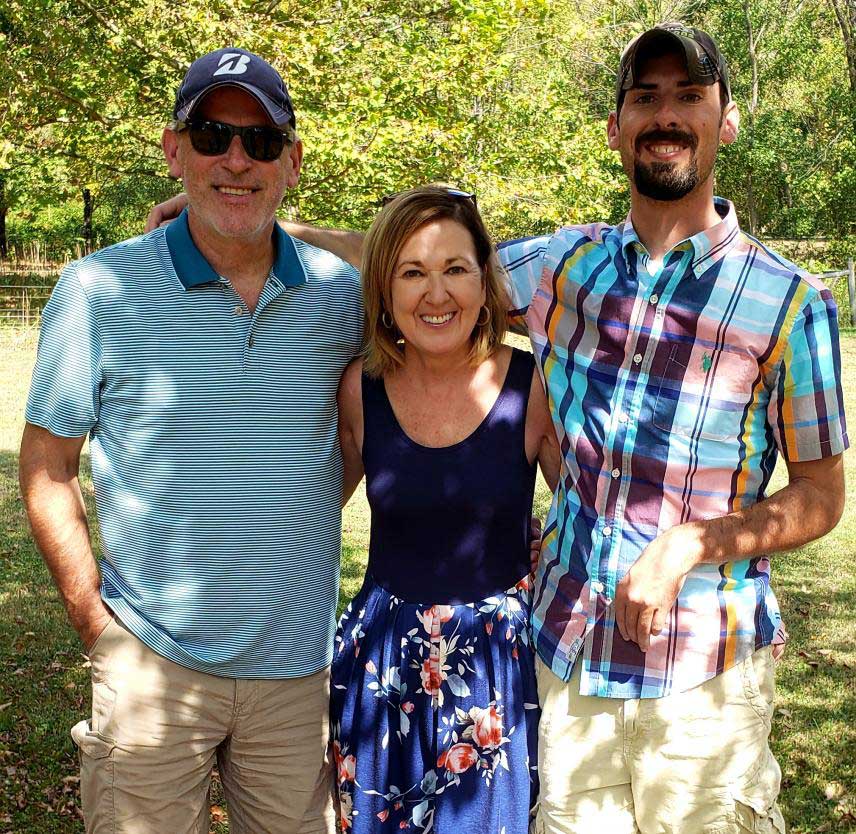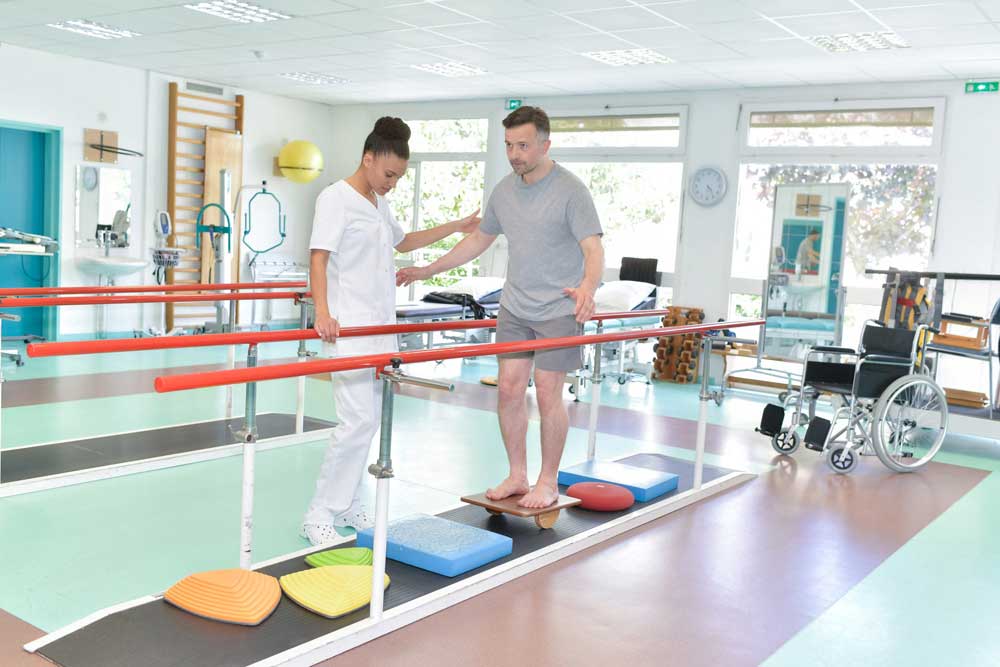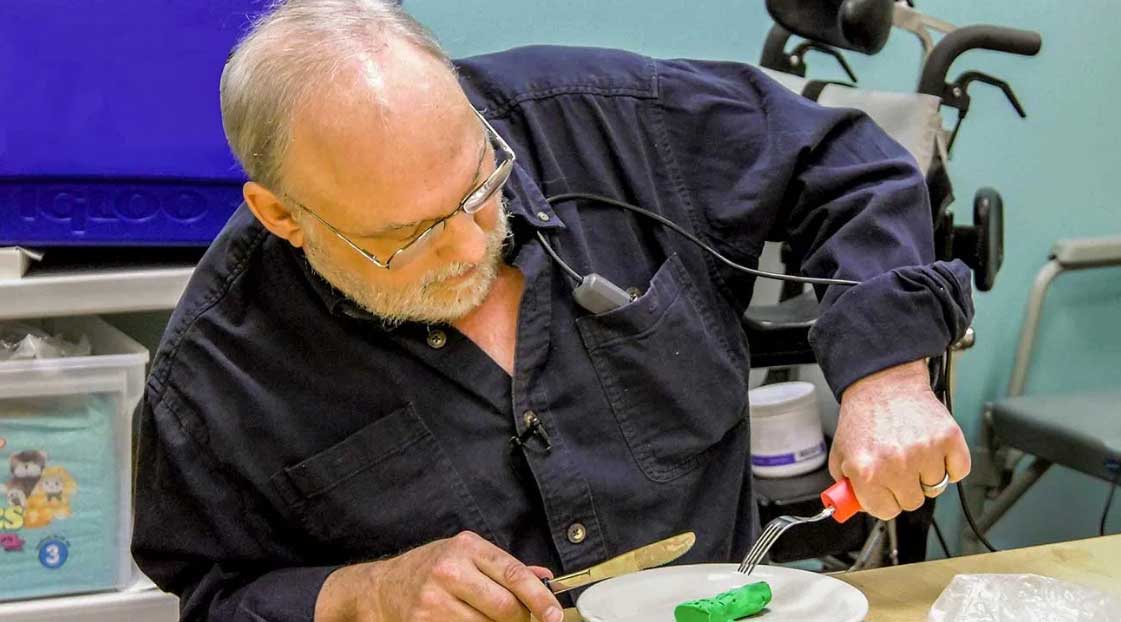Month: May 2020
While my thoughts should have been carefree during our summer vacation at our favorite North Carolina beach, each day as I took in the vastness of the ocean, I was reminded of the far reaches of traumatic brain injury (TBI) and grief. Our carefree days came to an end on August 13, 2012 when our sons, Aaron and Steven, were involved in a fatal car accident — an accident that took Aaron away from us and left Steven with a
If you mentioned the words silver lining to me in conjunction with the loss of our first-born son, Aaron, and our only surviving son, Steven, fighting for his life with a severe Traumatic Brain Injury (TBI) my kind response would have been, “Are you absolutely crazy?” When you open your door to police officers with pained faces that spoke before they could audibly voice the words of our sons being in a fatal accident, you can’t fathom being able to breathe again, to experience
The first thing to know about the possible links between COVID-19 and stroke is simple, say doctors: We just don’t know. “We have very serious worries that there’s a connection,” said Dr. Patrick D. Lyden, professor of neurology at Cedars-Sinai Medical Center in Los Angeles. “But I want to make it crystal clear that if we stay focused on evidence and data—which we really need to do more of at this moment—we don’t know anything with probability.” Lyden, who wrote
The good news about stroke: More people are surviving the initial stroke. The bad news about stroke: More people are surviving the initial stroke with disabilities which might have been minimized if they had received the kind of early, intensive physical rehabilitation that researchers find can improve function and reduce long-term disability. In fact, as many as 60 percent are left with diminished use of an arm or leg. “When we speak about recovery we’re really talking about how the
COLUMBUS, Ohio – Researchers at The Ohio State University Wexner Medical Center are among the first in the world studying how a specific type of neurostimulator can improve rehabilitation for stroke patients. As part of the clinical trial, an electrical device called a vagus nerve stimulator is surgically implanted in the patient’s chest wall. The Vivistim device, which connects to the vagus nerve in the neck, is used to “rewire” circuits in the brain associated with certain motor functions. Stroke





